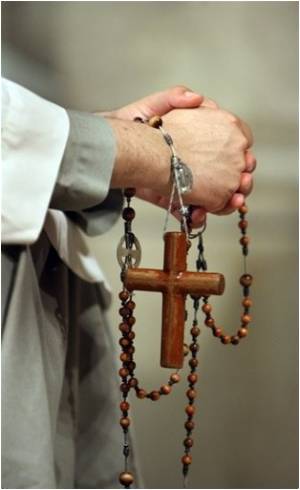Early intervention at home and school involving the treated person's family and a network of close people was found to be effective than conventional treatment.

‘Young people who received psychiatric treatment in a family and network-centered intervention showed reduced signs of depression.
’





The subjects selected for the study were young people with psychotic-like symptoms and an elevated risk for psychosis later in life. Twenty-eight of them received conventional treatment and the other 28 experimental, network-centered treatment. The study applied "matched pair" testing: to compare effectiveness, the young people receiving early intervention treatment and those receiving conventional treatment were matched for age, gender, ability to function and length of treatment. At the beginning of the treatment, the participants were assessed for symptoms of depression and anxiety, feelings of hopelessness, the ability to function and psychotic-like symptoms. The assessments were repeated after twelve months of treatment.
In the group receiving family- and network-centered early intervention treatment at home and school, depression symptoms and feelings of hopelessness decreased and the ability to function improved more than in the group receiving conventional youth psychiatric treatment. The decrease in psychotic-like symptoms was similar in both groups.
"The improved ability to function observed in the network-centered early intervention group is crucial, since this is usually a major challenge for people with psychotic-like symptoms," says Docent Niklas Granö, PhD (Psychology), from the HUH Department of Psychiatry. "A poor ability to function makes it difficult to cope with everyday tasks and keep up with one's peers. This is particularly true of those with psychotic-like symptoms or full-blown psychosis."
Furthermore, the early intervention approach was more effective than conventional treatment in alleviating feelings of hopelessness, which are connected to self-destructive thoughts.
Advertisement
"When young people receive real support with things that weigh on them and cause them stress, their mood lightens, their ability to function improves, feelings of hopelessness wane, and their recovery speeds up," Granö summarizes.
Advertisement
"The advantage of the early intervention method tested in this study is that its implementation does not require new resources, only reforms to old practices."
Source-Eurekalert









